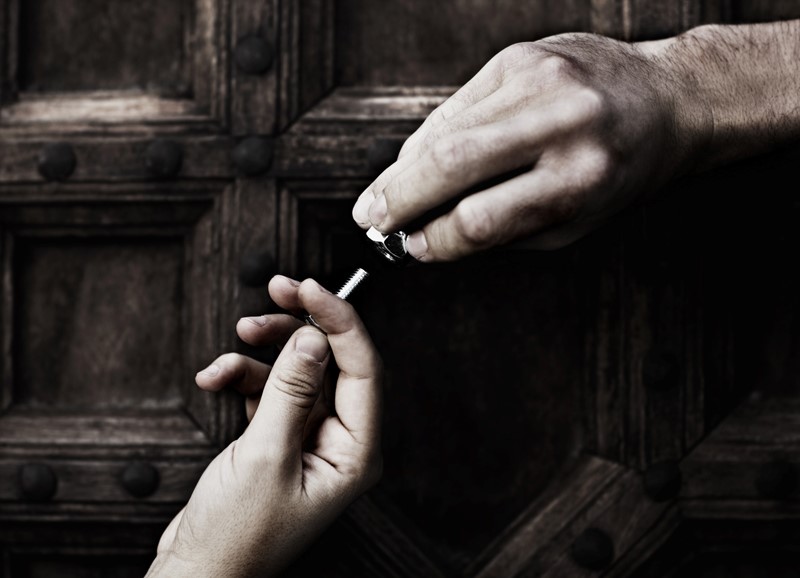Gifting assets can cut inheritance tax, but traps like “gifts with reservation of benefit” may undo the plan.
The majority of gifts made during a person's lifetime are not subject to tax at the time they are made. These lifetime transfers are known as "potentially exempt transfers" (PETs). A PET becomes fully exempt from Inheritance Tax if the individual making the gift survives for more than seven years after the transfer.
If the donor dies between three and seven years after making the gift, taper relief may apply, which reduces the amount of tax payable. The effective rates of tax on the excess over the nil-rate band for PETs are as follows:
- 0 to 3 years before death: 40%
- 3 to 4 years before death: 32%
- 4 to 5 years before death: 24%
- 5 to 6 years before death: 16%
- 6 to 7 years before death: 8%
However, different rules apply if the person making the gift retains some benefit or enjoyment of the asset. This typically occurs when the donor does not relinquish full control over the asset, and the transfer is made with a reservation of benefit. These are referred to as ‘gifts with reservation of benefit’ (GWROBs).
A common example is when a person gifts their home to their children but continues to live in it rent-free. In this case, HMRC is likely to argue that the donor’s position has not changed in substance, and that the arrangement constitutes a GWROB. If this is the case, HMRC will not treat it as a valid gift for inheritance tax purposes, and the property would remain part of the donor’s estate, even if they live for more than seven years after making the transfer.
A GWROB can usually be avoided in these situations if the donor pays full market rent for their continued use of the asset.


